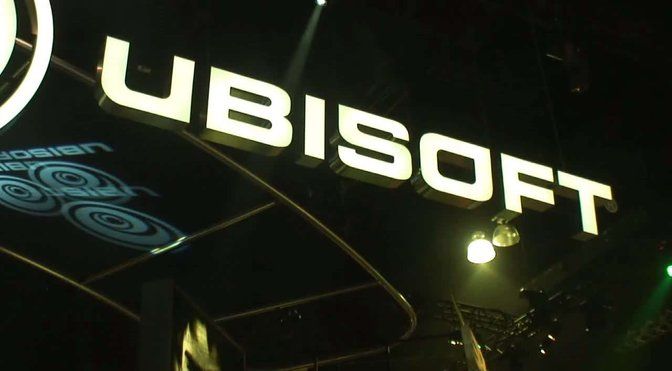When word broke out that the brain behind Assassin’s Creed was suing Ubisoft for $400,000 over a game currently in development, the legal battle that Activision and Infinity Ward had to go through immediately came to mind: a constant tug-o-war between two opposing forces desperate to claim IP’s. So far, it’s basically the same thing as many have seen before.
According to several reports, Patrice Désilets—best known for his work in Assassin’s Creed: Brotherhood—had left Ubisoft just before THQ had met some financially troubling issues and had to discontinue their day-to-day operations. At the time, Désilets was working on a game called “1666,” in which he developed in his Montreal studio, an asset that THQ had granted him under contract. The bankruptcy of THQ allowed for many publishing companies to snag up some IP’s, and, of course, Ubisoft had taken up 1666: Amsterdam and anything else that Desilets was working on.
With Ubisoft's lawyers stating that the development of 1666 can happen with or without the creator, and knowing that his contract with THQ gave him full creative control over any IP’s under his name, Désilets took to the courts and filed suit on the juggernaut company.
This really does look a like a shady move on Ubisoft’s part, particularly because they’re practically robbing someone’s creation and trying to publish it as if it were their own. It could be argued that, when dealing with IP’s and their attachments, deals are fair game when certain assets and all copyrights get sold over to different companies. There’s some speculation among those interested in the case that Désilets may get the win from the courts here, but it should also be considered that Ubisoft is quite a big company with which to be reckoned.
Currently, there are no court dates set in place, nor any information about how far the case will go. Thus we can only be hope that the two parties set aside their differences and come to some sort of a compromise. There also has been no further word about the development of 1666: Amsterdam.

